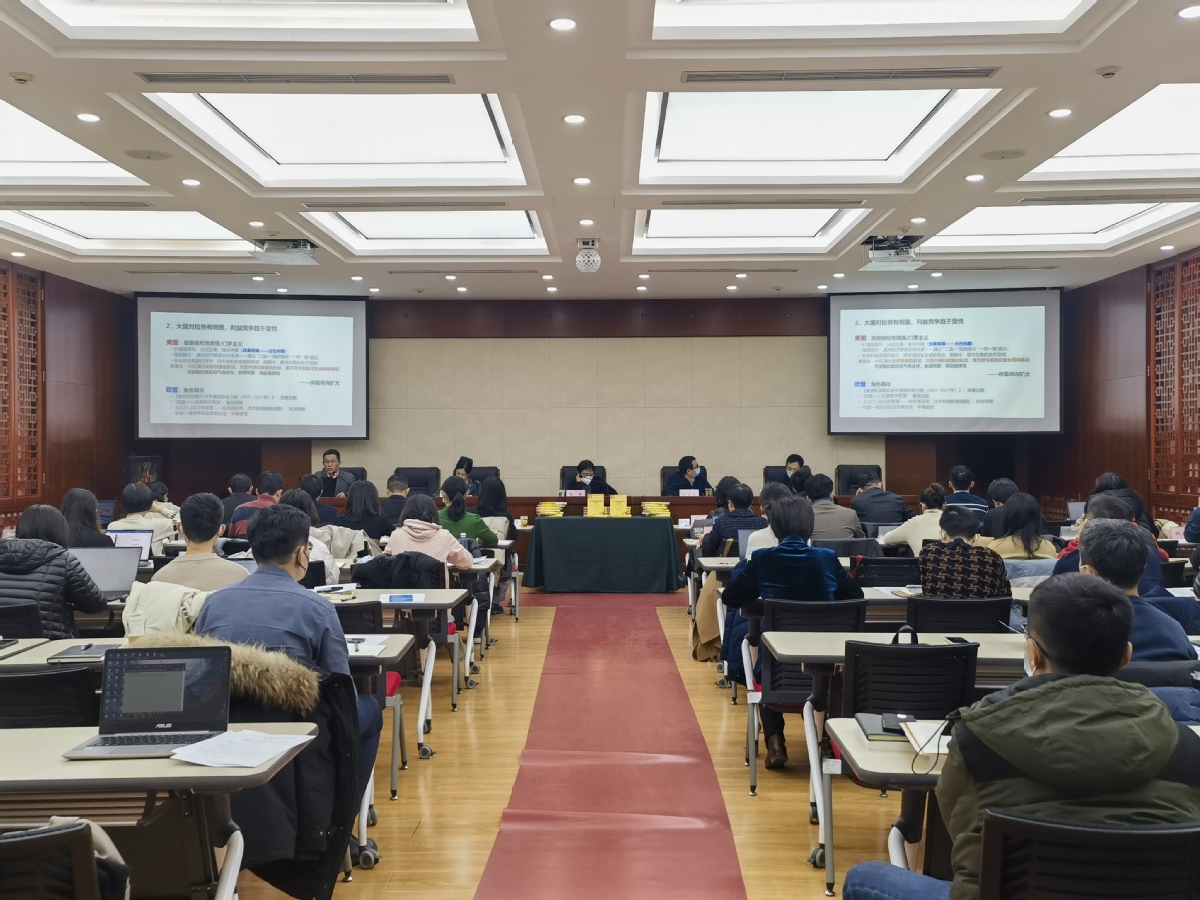Annual report on Latin America highlights stability and security risks


The Institute of Latin America and Caribbean Studies, Chinese Academy of Social Sciences, released its 21st annual report on Latin America and the Caribbean (2021-2022) in Beijing on Wednesday. ILAC has been publishing such reports since 1999.
The report pointed out four features about the region in the past two years: exasperation of ideological polarization and political fragmentation, vulnerability and uncertainty of economic recovery, practical challenge of slipping back into poverty, and the increasing sense of autonomy amid difficulties in regional cooperation.
According to the report, China and Latin America have maintained effective economic cooperation; particularly, thanks to the Belt and Road Initiative, free trade has become popular between China and Latin American countries.
The report paid special attention to progressive energy security, high risks in financial security and insufficient internet security cooperation.
Research fellows held a discussion based on the report and exchanged views on the latest situation in the region.
ILAC's senior research fellow Zhou Zhiwei mentioned that the Right is so deeply rooted in Latin America's local areas that the Left coming to power there does not mean a strong Left-turn momentum. It just means a contracting political swing cycle in Latin America.
Experts agreed that China and LAC will grow stronger if the two sides make better use of the potential in bilateral cooperation, for example, by encouraging civil cooperation and communication in technology that has become important for bilateral ties.


































